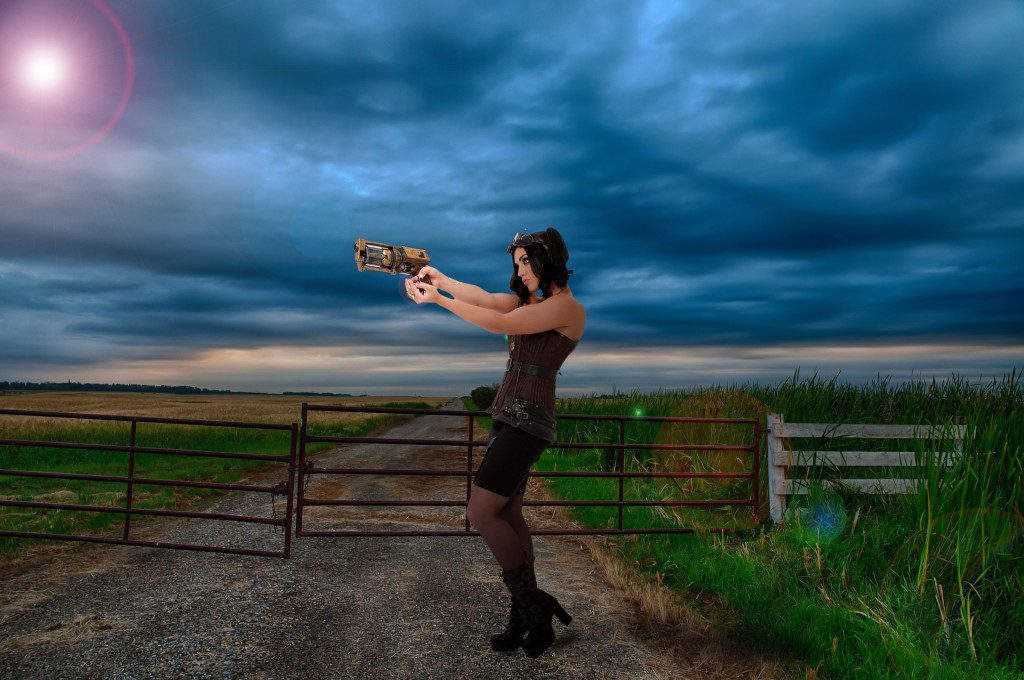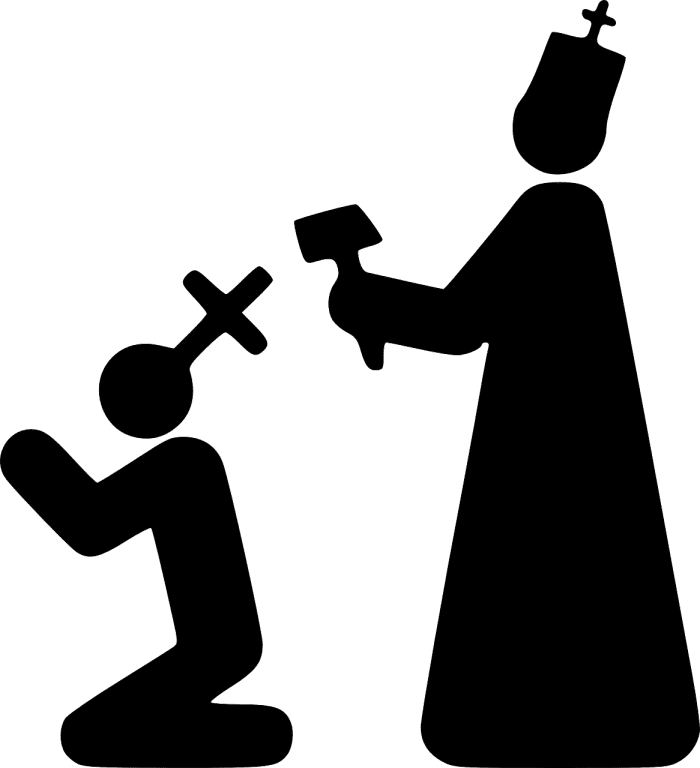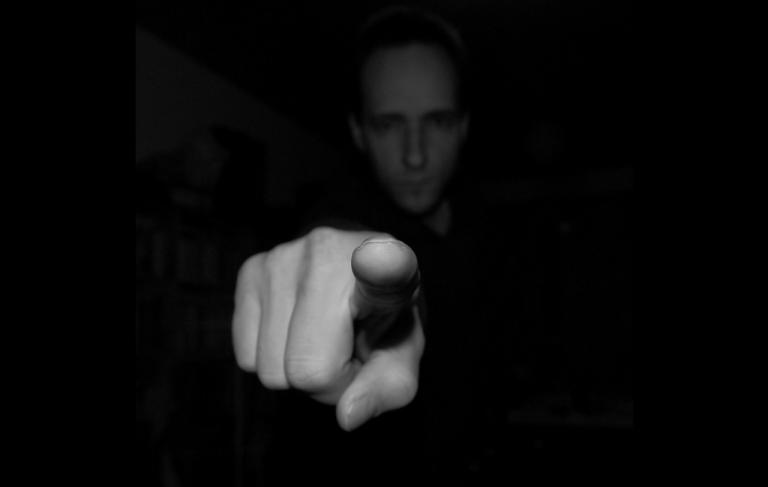I’ve been reading tonight’s FaceBook gun control debate that I would like to try to say something reasonable about the issue.
First, this blog entry is not about the most recent mass shooting. Mass shootings are more or less a perennial feature of the American news cycle, because they’re a perennial feature of American culture. This in and of itself should give gun advocates pause. There is no other developed Western country in which mass shootings are a daily occurrence. This alone should suggest that there is something going seriously wrong in the US.
However, gun control isn’t primarily about mass shootings. While these events horrify us and tend to galvanize debate, the fact is that there is a common, humdrum stream of gun related death and injury that takes place without causing a stir in the news. No matter how you slice it, rates of homicide committed with firearms are substantially higher in the US than in other developed nations. Statistical data suggests that effective gun control regulations do have a significant impact on the rate of homicide carried out with guns. The US is not a special snowflake in this respect: states that have stricter gun controls also show reduced rates of homicide and suicide committed with firearms — this notwithstanding the fact that in many states with strong regulations it’s very easy to just go over to the next state and get a gun.
Yes, if an effective nation-wide plan were to be put into place in America, it would require a sensitivity to the particular challenges faced by Americans. If you look at other countries, you don’t find uniform gun control policies or even uniform rates of gun ownership. In my own country (Canada) we actually have a fairly high rate of gun ownership by the standards of most Western nations – but we do have strong firearm regulations. Some of those regulations work. Others are of questionable merit. But one way or another, we’ve come up with solutions that take into account the fact that we have a large rural population, that many Canadians are hunters, that many people use firearms to protect themselves and their families from coyotes and black bears and that, properly used, guns can be a useful, even life-saving tool. Yet we’ve implemented regulations that allow these activities to continue while effectively lowering the rate of gun-related homicide.
Now, I realize at this point someone is going to point out that people can kill with weapons other than guns. This is true. The rate of non-firearm related homicide in Canada is comparable to the rate of non-firearm related homicide in the US. But our overall homicide rate is significantly lower. One of the obvious reasons for this is that it’s much more difficult to kill someone with pretty much any other weapon. A lot of homicides get committed not by cold-blooded psychos or members of gangs, but by ordinary human beings who lose control in the midst of an argument. I mean, let’s face it: most of us, at some time or other, have felt that visceral desire to kill something that is causing us pain and stress, even if it’s just a dog that won’t shut up at 3 am, or a cat that makes a sound like a crying child in the night.
A lot of deaths take place because two people get into an argument, and the argument becomes deadly. But here’s the thing: if an argument gets out of hand, and there’s a loaded gun easily accessible, it’s much more likely to become fatal than if there is no such weapon available. Psychologically, it’s just easier to point a gun at your wife’s head and pull the trigger in the heat of battle than it is to stab her repeatedly until she dies. Gun wounds are more likely to cause death, and a firearm attack is harder to defend against. It also takes less consistent, applied effort to kill someone with a gun than with most other implements – and given that four or five seconds can be long enough for lethal intent to mellow into mere intent-to-harm (or outright horrified guilt) that makes a difference.
And of course there’s the number of victims. If a knife-wielding maniac runs into a crowd and starts hacking at people, the most likely outcome is that he will injure a few folks, maybe kill one, and be subdued. People will in fact behave heroically, the way that gun advocates imagine they would behave if they were in a mass shooting situation. Part of the reason for this is that mass shootings cause large numbers of casualties in a very short period of time. Most people respond to unexpected violence by being stunned, it takes people a while to act, and people are highly intimidated by gunfire – this is true even of armed citizens who are trained in the use of guns. Most gun advocates seem to think that if they were in a mass shooting situation they would behave like Clint Eastwood. The facts, however, show that this is more or less always a fantasy. In a mass shooting situation, most civilians don’t act, or they don’t act quickly enough to be effective, even if they are armed.
Finally, there’s the fantasy situation in which an armed killer has just broken into your house and you have to defend your family from rape, torture and death with your gun. The problem here is that there’s no way to garner reasonable statistics about how often people prevent death to themselves and their loved ones by brandishing or firing a gun. We can get statistics on how many people feel they have defended themselves and their families, but the reality is that in the vast majority of cases where a person gets their pistol and goes down the stairs saying “I’m armed and I’m comin’ down” and then sees a figure running off into the night are probably not life-threatening situations. Most burglars will run at the first sign that anyone in the house is awake, whether they are armed or not.
What we can know is that people in other countries who don’t have readily available guns to protect them are not more likely to be killed by rampant psychopaths because they are unarmed. There’s no statistical data to back up the belief that you and your family are safer with a firearm standing by. On the contrary, if you are not involved in gang culture, you are massively more likely to have an accidental gun related fatality than you are to be fatally attacked in your home by a stranger. The tool that you have to “protect” your family is much more likely to be used by a family member to accidentally injure or kill another family member than it is to be used to chase off a homicidal maniac from your home.
Overall, the likelihood that you or a member of your family will be a victim of homicide, suicide or accidental death can be reduced by the implementation of reasonable, culturally appropriate gun control laws. If you’re really worried about protecting your loved ones, keeping loaded firearms out of your family’s space, and keeping handguns and automatic weapons off of your streets, is way more effective than arming training yourself just in case you need to kill a bad-guy. It’s less romantic, it won’t feed your fantasies of being a badass hero, but it actually works.













